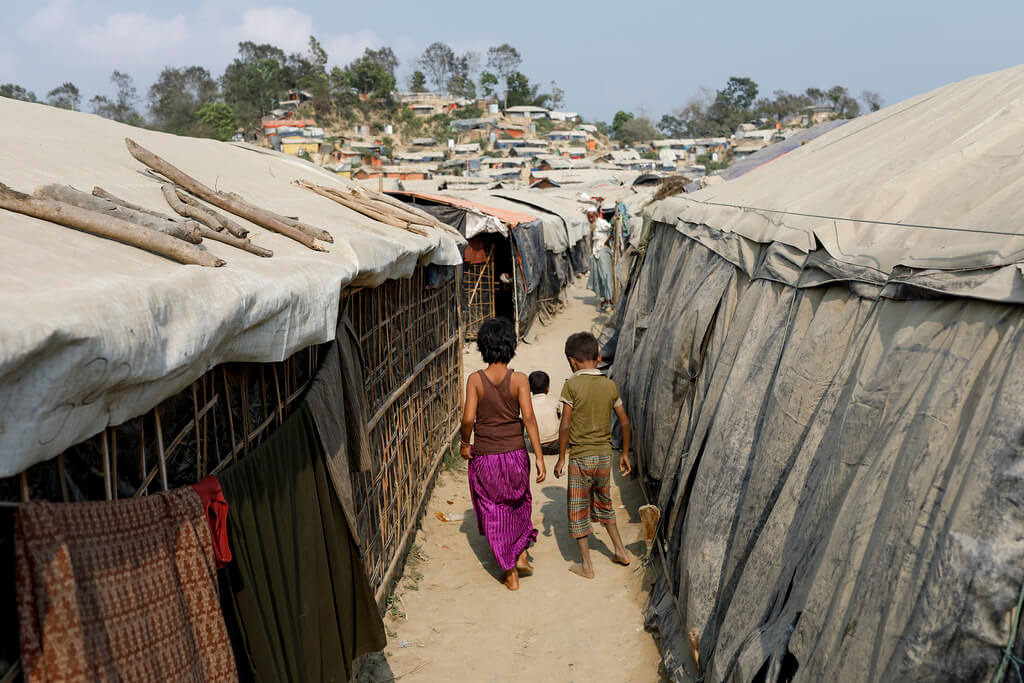Does exposure to an unfamiliar migrant community change implicit biases? In 2021, ASB professors Sam Flanders and Melati Nungsari conducted an experimental study by exposing Malaysians to a few hours of volunteering with Rohingya refugees. They then studied changes in the attitudes of the Malaysian participants towards refugees. The results? Volunteers became markedly more positive in their perception of refugees after brief exposure through volunteering.
This change was statistically significant. This suggests that brief exposure to refugees may be a cost-effective policy lever for changing local perceptions. Why does this matter? Forced displacement is one of the most serious human rights issues of our time. There are approximately 79.5 million refugees, internally displaced persons (IDPs), and asylum seekers worldwide, according to the United Nations Refugee Agency (UNHCR).
Under international law, refugees are a protected group. But since Malaysia has not signed the 1951 United Nations Convention of Refugees, refugees in Malaysia are not granted legal status. Much of the focus in addressing refugee issues has been on policy changes. For example, a Nobel Laureate proposed that richer countries should pay poorer countries to take in and resettle refugees (Bubb et al., 2011).
However, according to Professor Melati, it is also important to focus on the attitudes of the host society, as this is a critical factor in determining refugee outcomes such as integration into society, having their legal status recognized, and the ability to find work and upward mobility. One of the biggest barriers towards positive outcomes for refugees is discrimination and bias.
In the study, participants had never interacted with any refugees before, and joined because they were required by their university to complete a volunteer activity. The study showed that a small, short, cost-effective intervention exposing local citizens to refugees can potentially generate major changes in attitudes. These findings hold great relevance to policymakers and aid groups involved in refugee issues, especially in countries such as Malaysia, where refugees have not yet become a divisive political issue.
Read the full study here: A textual analysis of the effect of short-term volunteering on attitudes toward refugees in Malaysia





